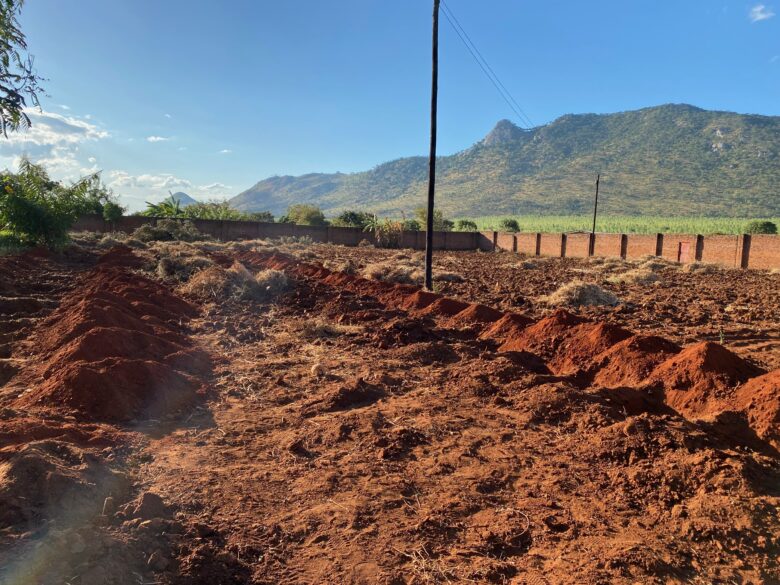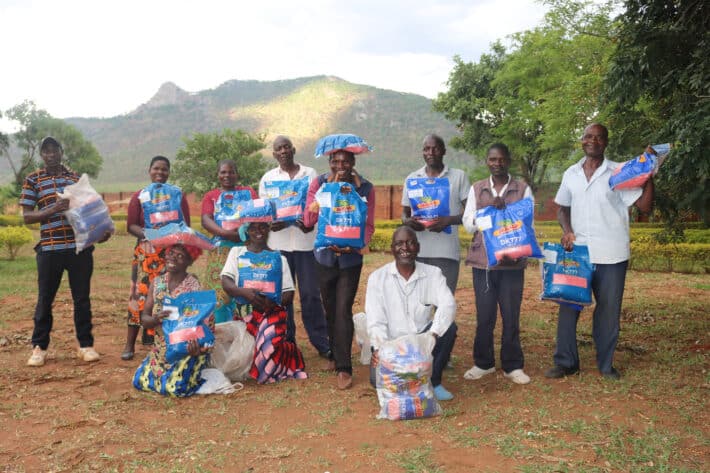An Agroecology Project to Build Agriculture Resiliency in Malawi

Orant’s new agroecology project hopes to inspire farmers and empower families

High cost of farming inputs affects farmers in Malawi
In an era of rising costs of farm inputs and scarcity of land, it is becoming harder and harder to make a profit as a farmer. This has affected most farmers’ food security and household income generation. Recognizing this, Orant started researching alternative agriculture and began an agroecology project in Malawi.
What is an “agroecological system”?
Agroforestry is a type of agroecological system, and one that Orant is currently implementing. Agroecological systems also incorporate permaculture practices including non-waste, closed loop systems in which all plants benefit each other, eliminating the need for pesticides and man-made fertilizers.
Agroecological systems are a way of practicing agriculture that take into account the principles of ecology and seek to optimize sustainability, biodiversity and resilience while minimizing negative environmental impacts. Agroecological systems aim to mimic natural ecosystems and rely on ecological processes such as nutrient cycling, biological pest control and soil health to enhance agricultural productivity. These systems prioritize the use of natural resources such as organic fertilizers and biological pest management while minimizing the use of synthetic chemicals and external inputs.
Reducing cost of farming production
In April, our Agriculture program staff attended an agroecology training that was organized by Stand as One Ministry to support farmers and NGO trainers in the agriculture sector.
The training inspired us to start developing our own system: the Orant Agroecological Demonstration Farm. The Demonstration Farm will be used as a school for our farmers and other organizations interested in learning about permaculture and agroforestry. This project will also benefit patients at the Kasese Health Centre, providing nutritious food for undernourished children and expectant mothers
How does agroecology benefit farmers?
“Instead of fertilizers, which are very expensive, the system uses locally available manure and nitrogen fixing crops. This will lift the burden of buying expensive fertilizers off farmers’ shoulders and will also help in regenerating our soil,” says Gracious Msimuko, Agriculture program manager.
The agroecological system integrates many crops. One can plant various vegetables, fruit trees, legumes, and cereals on a single plot. This helps farmers have a diverse range of food or cash crops even from a small piece of land.
Agroecological systems benefit people and the earth
Right now, this project is in its pilot or early stage. In the future, if the demonstration farm proves to work, we are planning on cultivating more land for further farming. Orant’s Agricultural program currently has a demonstration plot in which we showcase farming techniques for local farmers to utilize.




